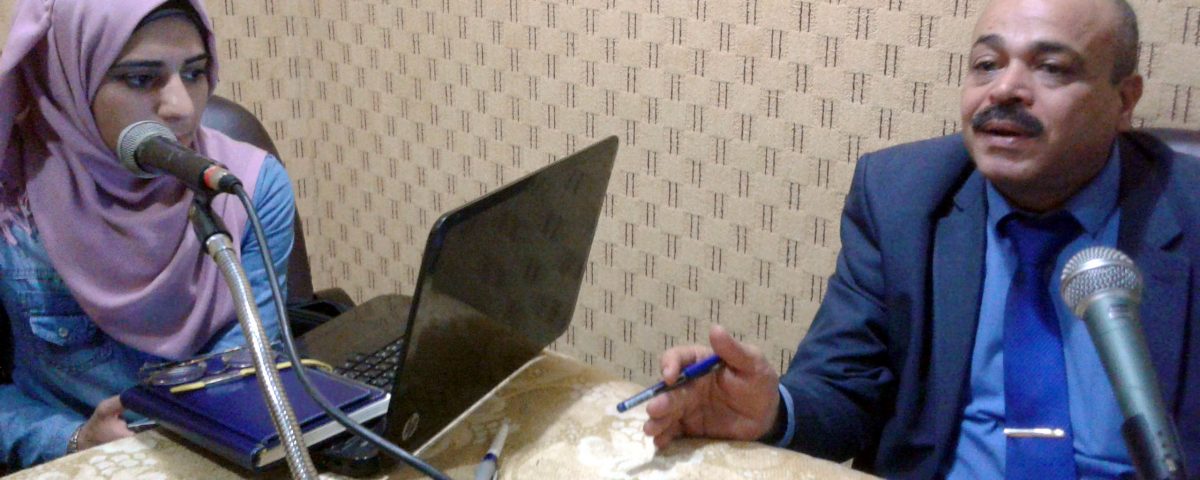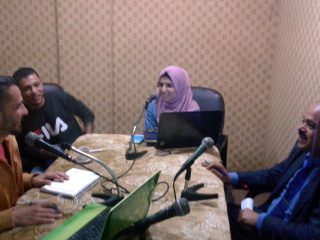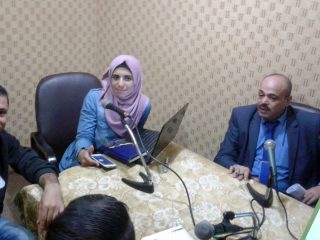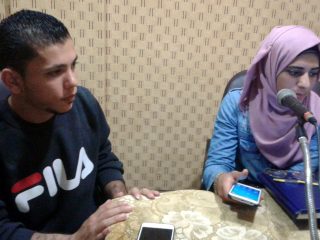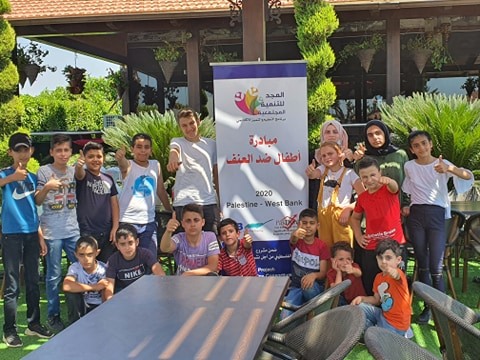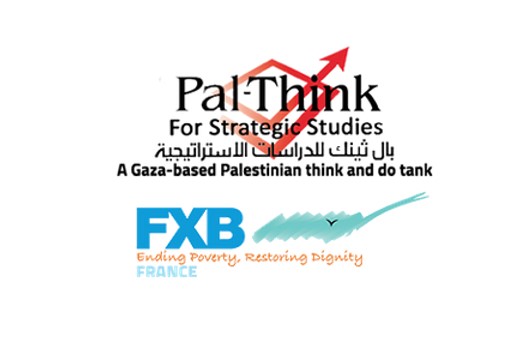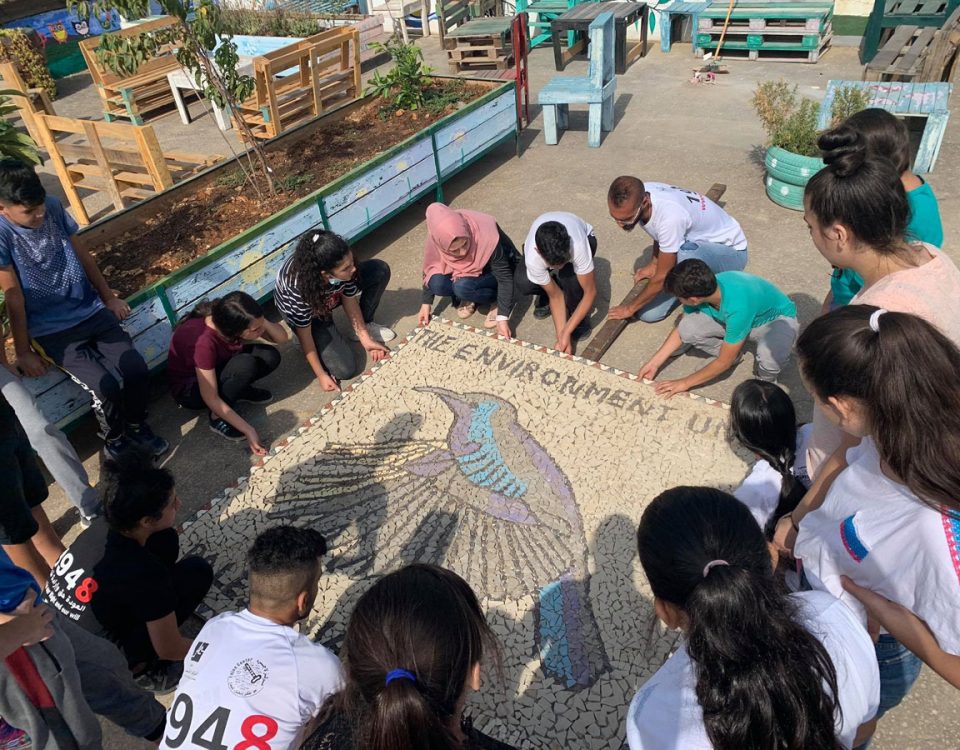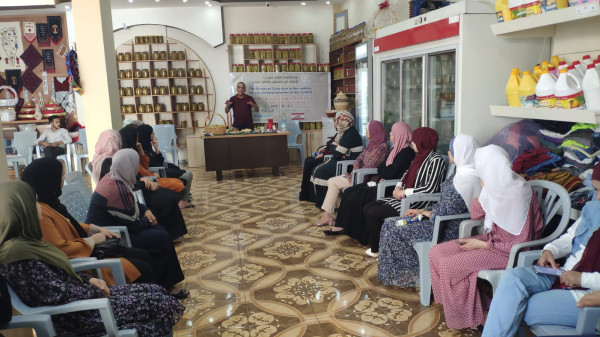- Contact Us
- +972 8-282-2005
- info@palthink.com
A Radio Episode: How does Identity Concept promote Nonviolence Culture?

Workshop entitled “Nonviolence Culture to combat extremism”
15 March، 2018
Workshop entitled “Together towards the best”
21 March، 2018Pal-Think for Strategic Studies held the fourth radio episode on Monday, March 19, 2018, entitled “How does Identity Concept promote Nonviolence Culture?” on radio Alwan in the Gaza Strip. This episode is a part of “The Benefits of Non-Violence as a Culture and Instrument for Conflict Resolution” project. Interestingly, this is the fourth of a series of 10 episodes to be held based on one of Pal-Think’s missions which is disseminating nonviolence culture and other related healthy concepts. We genuinely think that nonviolence culture would bring about desired changes.
The episode was opened with a survey report in the Gazan street; it asks mainly: “Who are you?” Some said their names and ages, some said their names, universities and specialties, others don’t reply and others mentioned details about their suffering. After that, Riyad Sidam, PhD in Political Psychology and a lecturer at the University of Gaza and Al-Quds Open University, thanked Pal-Think for its positive role in promoting healthy concepts within the community. Then he started by defining identity in a very simple way. Identity is the thing that continues to be in spite of all changes. He also listed many types of identity, such as professional, gender and cultural identity. He explained how the identity of the “ego” is influenced by overall group as a result of the persons’ exposure to different cultures and group fluctuations. These may affect the individual or subjective identity negatively or positively. He gave a final note that the most important component of the human is identity; to illustrate, if the person succeeds in achieving what his/her own identity carries of achievements, he would be able to contribute in societal achievements while keeping with collective identity.
Another guest speaker and a project graduate said that identity is primarily the result of the early years of the individual’s awareness; identity then is connected partly with social, historical, scientific and cultural changes. She spoke further about her previous initiative with children in which she worked through promoting nonviolence values and integrate them with their talents to contribute in forming a part of their identity by eliminating selfishness and narcissism.
Via telephone, the youth activist Amr Shubeir said that the new identities are formed due to historical changes in human conflicts. He added that people mostly misunderstood the difference between the cultural and the national identity. He expressed how Pal-Think’s workshops are designed to reduce conceptual confusion between the collective and individual identity. Another guest speaker and a project graduate, Mohammed Altahrawi said that the youth’s interpretation of the national and collective identity is confused. They feel that their loss of rights and presence of violence in their community distort their perception of identity concept.
In another telephone call, the youth activist Said Yassin spoke that accepting differences and others’ points of view is extremely important to truly connect between individual and collective identity. Finally, guest speakers all agreed on the need to intensify these workshops that are related to nonviolence culture and enhancing such healthy concepts.
To listen to the episode click here

